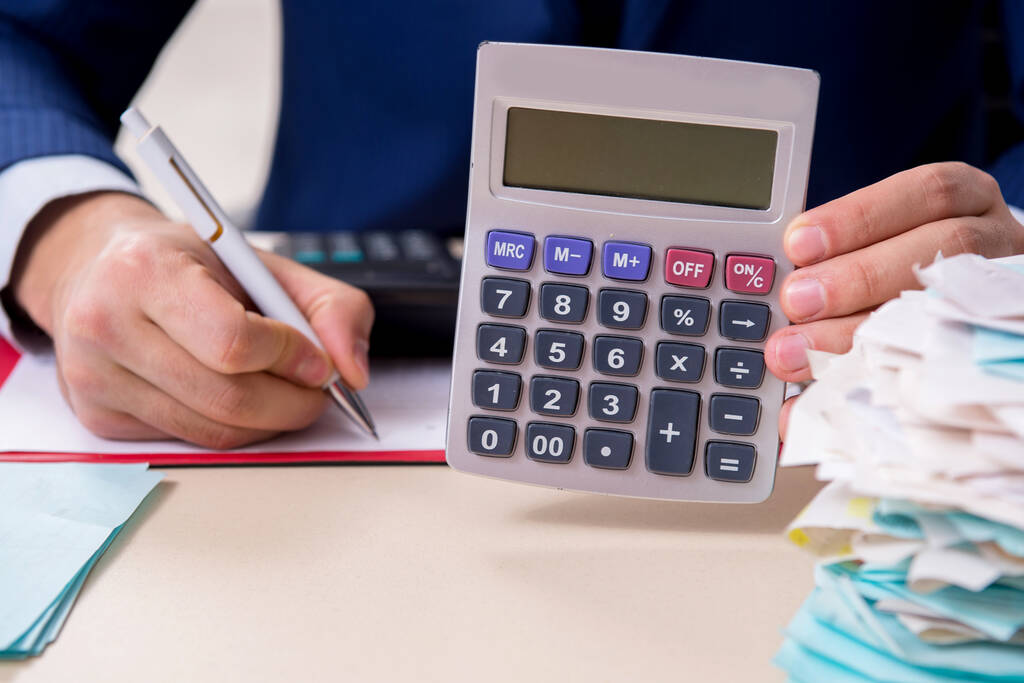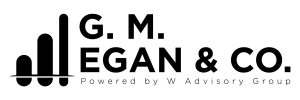Keeping modern equipment means not only being efficient but also making the most out of financial plans by taking advantage of tax deductions in the ever-changing business environment. Knowing the ins and outs of tax deductions when purchasing new appliances for your company can have a significant impact on your financial year-end results. Here, we’ll look at how to deduct taxes from appliances while keeping your benefits as lucrative as possible and abiding by the Australian Taxation Office (ATO) rules.
Eligibility for Appliance Tax Deductions
Appliances used in your business must be primarily for business operations in order to qualify for tax deductions. The ATO stipulates that deductible business expenses have to be closely related to your company’s revenue-generating operations. This obvious link guarantees that the appliances’ main purpose supports the production or operational requirements of your company.
Essential Business Appliances
- Commercial Air Conditioners: Air conditioning systems are essential for creating a comfortable shopping environment in establishments like retail stores and showrooms which can boost customer dwell time and sales. They are also essential for safeguarding goods from being harmed by extremely high or low temperatures.
- Commercial Ovens: Ovens are essential to day-to-day operations in the culinary industry. Since they have to adhere to strict requirements in order to be used continuously, the revenue generated by the business is directly correlated with their operational reliability.
- Computers and Tech Equipment: Computers and related hardware are the foundation of business operations for companies in the digital and technology sectors. All kinds of tasks are made easier by them including customer service, digital marketing and software development.
Methods of Claiming Deductions
Instant Asset Write-off
This provision lowers taxable income significantly by enabling businesses to immediately deduct an assets cost in the year of purchase. Up to $150000 in new equipment purchases can be written off by businesses in FY23. Offering instant financial relief, this threshold incentivises businesses to invest in new machinery and technology.
Depreciation
Businesses can use depreciation to spread out the cost of appliances that are not eligible for instant write-off or that exceed the cost threshold over the asset’s effective life. This approach provides a continuous tax benefit by acknowledging deterioration over time.
Strategic Tax Tips for Appliance Purchases
Accurate Record-Keeping
Retaining receipts is only one aspect of keeping comprehensive records; other duties include recording the appliances benefits to the company usage logs that validate the business-use percentage and maintenance records that back up claims for repairs or upgrades.
Determine Business Use Percentage
In addition to tracking the amount of time each appliance is used for work-related activities, this entails developing a technique for equitably valuing mixed-use assets. Software for digital device tracking or logbooks for appliances used in shared areas are examples of this.
Timing of Purchases
It can be especially advantageous to time your appliance purchases strategically. Purchasing at the end of the fiscal year, for instance, can enable businesses to make almost instantaneous claim deductions. Furthermore, making purchases during sales or promotional events can maximise upfront cost savings.
Consultation with Tax Professionals
Beyond just compliance, regular tax advice from a professional can have additional advantages. Given anticipated changes in tax laws and business growth, these experts can provide strategic advice on how to organise purchases and maximise deductions.

Implementing Efficient Practices
Including energy-efficient appliances into your operations helps your company operate more sustainably and supports green business practices which may qualify you for additional rebates or incentives. One economical way to control costs and still meet business demands for example is to choose to hire commercial fridges rather than buy them.
In conclusion, knowing when and how to deduct appliances from taxes can result in large tax savings and help cash flow. It takes expert advice, strategic planning and accurate bookkeeping to fully utilise these tax advantages. To improve your financial results, give your company the resources it needs to succeed and make sure tax regulations are followed.
You can navigate the complexities of tax deductions for your appliance purchases with the help of GM Egan’s expert accountants who can provide you with invaluable insights and support. Contact us for detailed guidance catered to your business’s specific needs.

